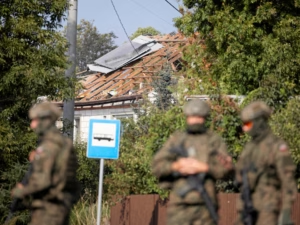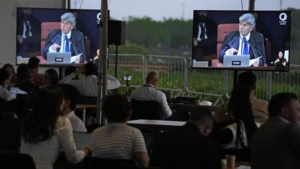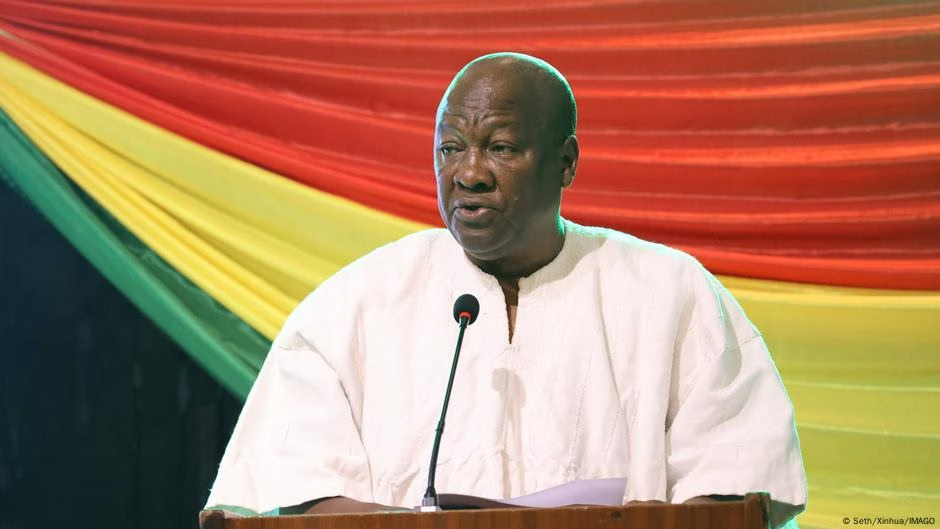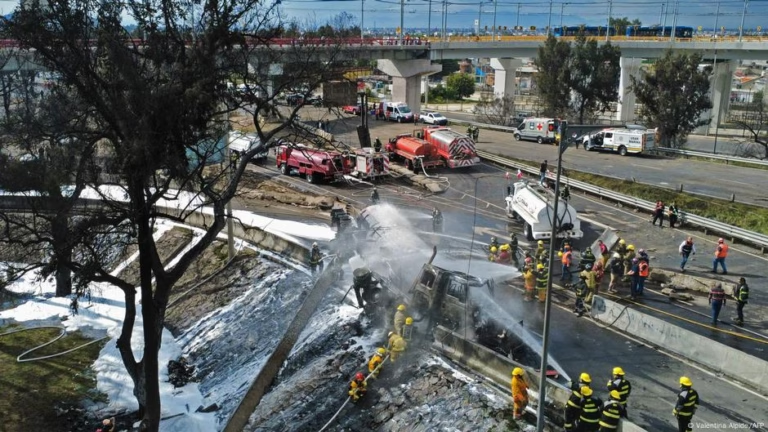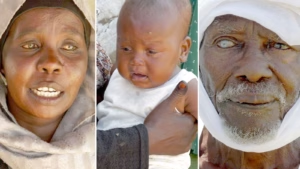Mahama announced that Ghana had agreed to accept individuals from West Africa, a region that allows visa-free travel.
“We were approached by the US to accept third-party nationals who were being removed from the US. And we agreed with them that West African nationals were acceptable,” Mahama said.
The “first batch” of 14 people, including several Nigerians and one Gambian, has already arrived in Ghana, he informed reporters.
Mahama did not specify the number of deportees Ghana has agreed to accept.
Trump’s Crackdown on Immigration
The deportation of undocumented immigrants to third countries — including places deportees have never lived — has been a key tactic of US President Donald Trump.
His administration has tried to strike a deal with multiple African countries about taking in deportees as part of its campaign to curb immigration through high-profile raids and deportations.
In the last couple of months, several undocumented immigrants were accepted by Rwanda, Eswatini, and South Sudan.
Notably, the deportation agreement between the US and Ghana comes amid hiked tariffs on Ghanaian goods and visa restrictions for Ghanaian nationals.
Mahama stated that relations between Accra and Washington are “tightening,” though he added that relations have remained positive.
Neighboring Nigeria has pushed back against accepting third-party deportees.
“The US is mounting considerable pressure on African countries to accept Venezuelans to be deported from the US, some straight out of prisons,” Nigerian Foreign Minister Yusuf Tuggar told local broadcaster Channels Television in July.
“It will be difficult for Nigeria to accept Venezuelan prisoners,” he said, hinting that recent tariff threats were related to the issue of deportations.
The Trump administration has overseen hundreds of deportations to Panama, including some for people who were not given time for their asylum applications to be processed. Hundreds of people have also been sent from the US to El Salvador, where many have been held in the notorious Terrorism Confinement Center, or CECOT, prison.
Edited by Sean Sinico
